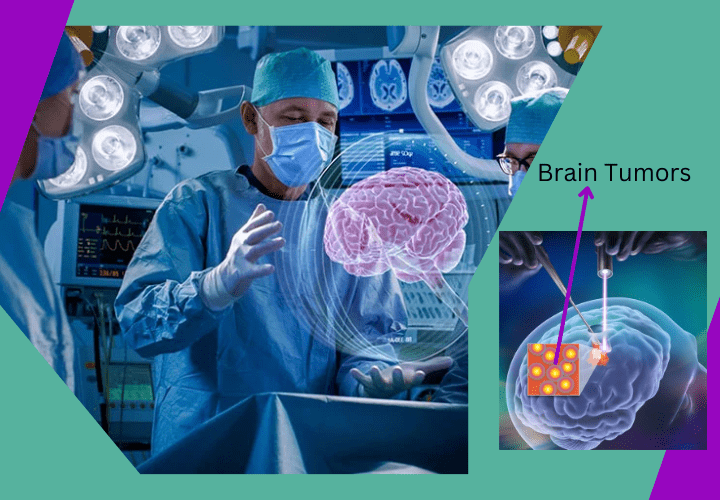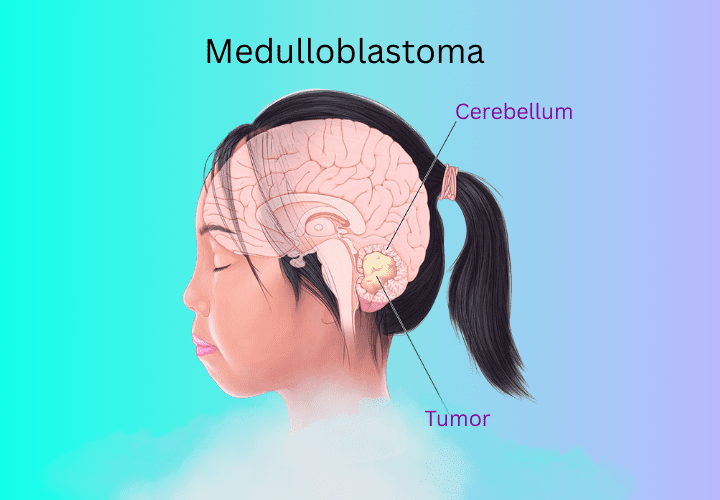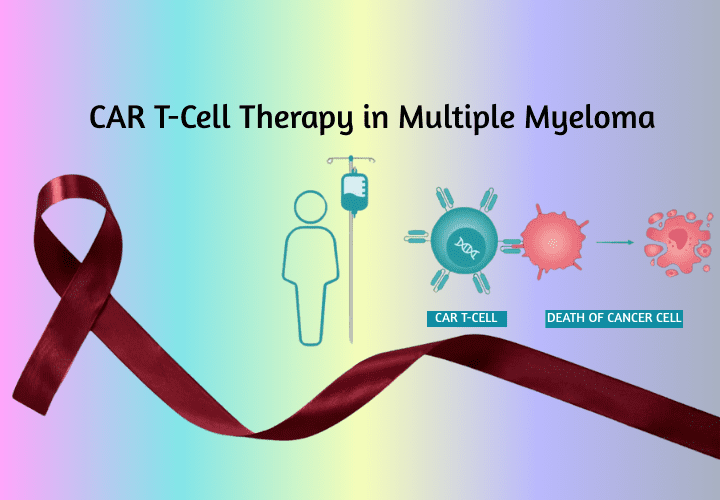How Surgery Helps People with Brain Tumors and Epilepsy?

How Surgery Helps People with Brain Tumors and Epilepsy?
- onco
- December 5, 2023
One of the most prevalent indications of a brain tumor is seizures, especially in those without a prior history of the condition. Epilepsy can have a crippling effect on an individual’s quality of life. Two crippling medical disorders that can significantly affect a person’s quality of life are brain tumors and epilepsy. Treatment choices are essential for people with either of these disorders in order to control the corresponding symptoms and enhance general health. Surgery is one such therapeutic option, and here we will discuss how surgery can benefit patients with epilepsy and brain tumors in this blog post. We’ll also discuss how cutting-edge facilities, like a cancer hospital in Delhi, help cure brain cancer.
Brain Tumors:
Brain tumors are abnormal cell growths that can be either benign (noncancerous) or malignant (cancerous) within the brain or surrounding tissues. Benign brain tumors do not spread, while malignant brain tumors, often known as brain cancer, can pose a serious risk to one’s life.
Surgery is one of the main methods used to treat brain tumors. When a brain tumor is accessible and safely extractable, surgical excision is frequently advised. In these situations, the operation aims to remove the tumor as much as possible to relieve pressure on the brain and enhance the patient’s general health.
Operation on Brain Tumors:
Brain tumor surgery is a complex and delicate process that calls for a highly competent surgical team. An extensive assessment of the patient’s condition, including the kind, size, and location of the tumor, usually precedes surgery. This assessment aids in deciding on the surgical strategy and degree of tumor excision that is required.
Important surgical methods for treating brain tumors include:
- Craniotomy: During this treatment, an incision is made in the skull to access the tumor. Special equipment and imaging techniques guide surgeons during surgery.
- Endoscopy: To treat some conditions or remove small tumors, minimally invasive endoscopic techniques may be used in certain situations.
- Image-Guided Surgery: During surgery, the surgeon receives real-time direction from sophisticated imaging technologies, such as CT or MRI scans.
- Brain Surgery While Awake: This method is employed when the tumor is close to essential brain regions. To protect vital brain functions, the patient could be kept awake during the procedure.
Epilepsy surgery:
Periodic seizures typify a neurological condition called epilepsy. Epilepsy may occasionally be linked to anatomical abnormalities of the brain, such as brain tumors or scar tissue from infections or head trauma. When medicine is unable to control seizures effectively, surgery may be a good alternative for treating epileptic patients.
Important surgical methods for treating epilepsy include:
- Lobectomy: A lobectomy is the surgical removal of a particular ‘lobe’ in the brain that is the source of seizures. It is frequently applied to focal epilepsy situations.
- Corpus Colostomy: To prevent seizures from spreading from one hemisphere to the other, a corpus callosum (the structure connecting the two hemispheres of the brain) is severed during a corpus colectomy procedure.
- Vagus Nerve Stimulation (VNS): Stimulating the vagus nerve to reduce the frequency and intensity of seizures does not require brain surgery. Instead of this, a device is implanted.
Function of Delhi Cancer Hospital:
It can be beneficial for those with brain tumors to have treatment at a Delhi speciality cancer hospital. These hospitals include cutting-edge infrastructure and a multispecialty team of professionals who can offer thorough therapy for brain cancer.
There are various advantages that a Delhi cancer hospital provides to people with brain tumors:
- Expertise: There are neurosurgeons, neuro-oncologists, and other experts available with a great deal of experience treating brain tumors.
- Modern Technology: These hospitals have state-of-the-art surgical and diagnostic instruments, guaranteeing accurate care.
- Individualized Care: Treatment regimens are customized to meet the specific requirements of each patient, taking into account variables such as tumor location and kind.
- Support Services: Palliative care, counseling, and rehabilitation are just a few of the services available to patients.
- Research and Clinical Studies: Several Delhi-based cancer hospitals are engaged in state-of-the-art research and clinical studies that provide patients with access to cutting-edge therapies.
So, for people with brain tumors and epilepsy, surgery is a vital part of their treatment, providing hope and a better quality of life. For patients to choose the best course of therapy, they must speak with qualified medical professionals. A Delhi cancer hospital can offer patients seeking advanced brain cancer treatment the knowledge and tools required for quality care. And the finest cancer hospital is Oncoplus, which provides a comprehensive approach to controlling and treating brain tumors and epilepsy, thereby improving the lives of individuals affected. We do this by combining surgical skills with the newest technologies and individualized treatment programs. We strive to provide the best possible care to cancer patients, accepting their suffering and enabling them to live happy, healthy lives.
Recent Posts
-
Advances in Medulloblastoma Treatment for Children
May 30, 2025
-
Can Testicular Cancer affect fertility?
April 23, 2025
-
Why are Breast Cancer Cases Increasing Around the World?
April 17, 2025





Leave a Reply